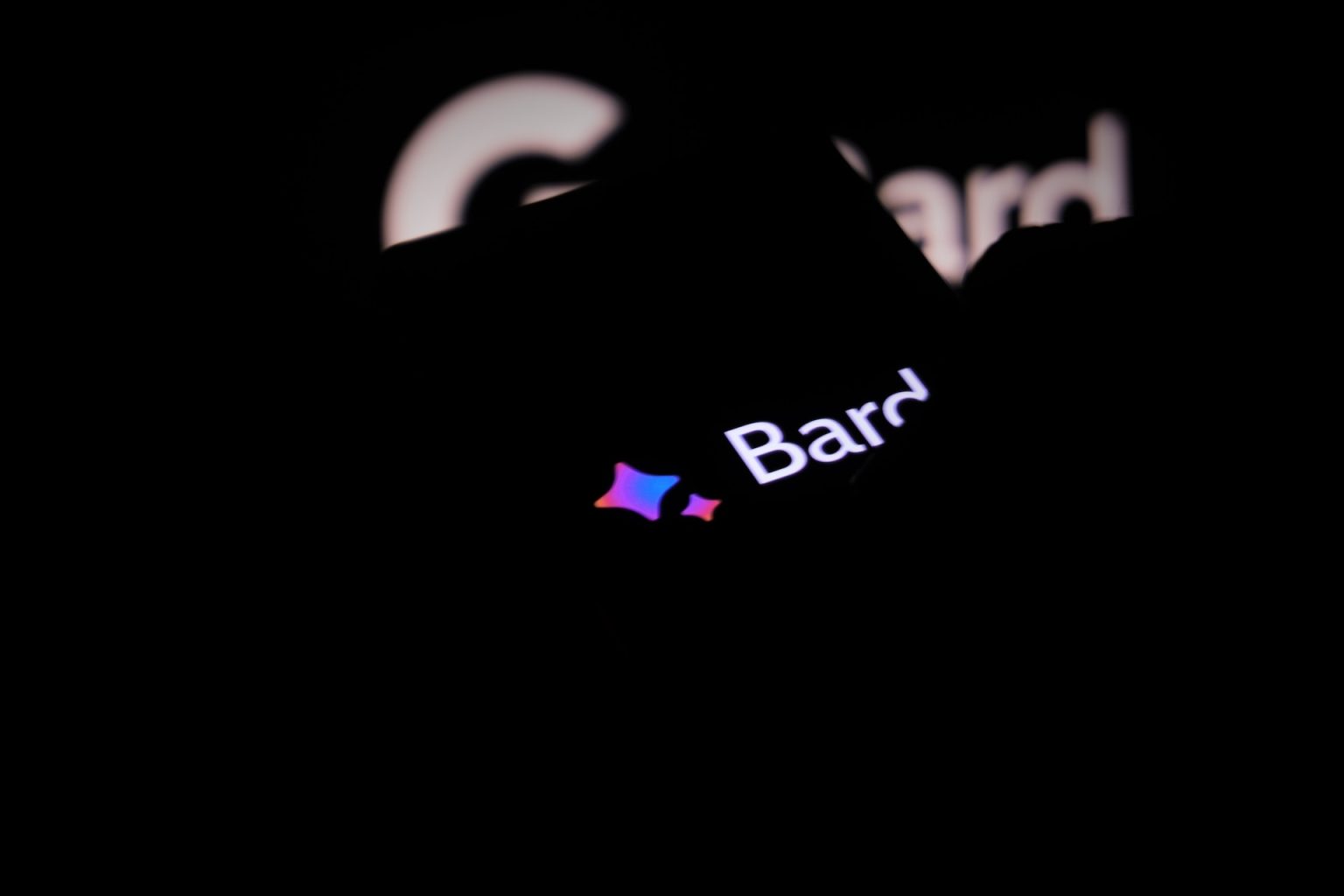In a surprising turn of events, Alphabet Inc., Google’s parent company, has issued a directive to its employees warning them to be cautious when interacting with chatbots, including Google’s own artificial intelligence (AI) chatbot, Bard.
The tech giant has advised its employees to refrain from entering confidential information into AI chatbots such as OpenAI’s ChatGPT or Bard, due to concerns about potential data leaks. The company’s fears stem from the possibility that human reviewers could be on the receiving end of chat entries, presenting a risk of sensitive information exposure. The chatbots may also use previous entries as training data, posing an additional risk of data leakage. This is not an unfounded concern, as evidenced by Samsung’s recent confirmation that its internal data was leaked following staff use of ChatGPT.
Google’s directive echoes similar precautions taken by other tech giants. Earlier this year, Amazon discouraged employees from sharing code with ChatGPT, specifically instructing them not to share any Amazon confidential information, including ongoing code work, with the chatbot. Likewise, Apple, which has shown interest in building its own large language model, prohibited employees from using ChatGPT and the Microsoft-owned GitHub Copilot, an AI code writer, last month.
Google’s Bard, a competitor to OpenAI’s ChatGPT, was launched in March. Bard, developed using Google’s proprietary AI engine, Language Model for Dialogue Applications (LaMDA), came under scrutiny even before its public launch when a leaked memo revealed that Google CEO Sundar Pichai asked Googlers across the company to test Bard for two to four hours daily. This week, the release of Bard in the European Union was delayed following privacy concerns raised by Irish regulators, who claim that Google and Bard do not comply with the Personal Data Protection law.
Google did not immediately respond to requests for comment on the new employee directive. The move marks a significant point in the conversation around AI and data security, highlighting the challenges that companies face in ensuring the confidentiality and security of their information in the era of AI.

